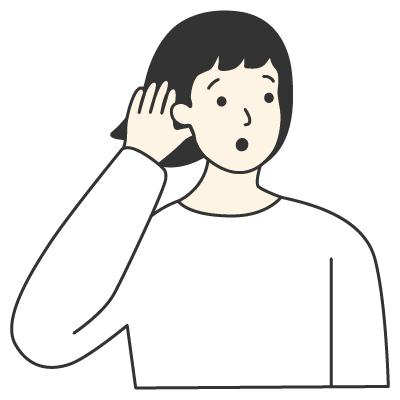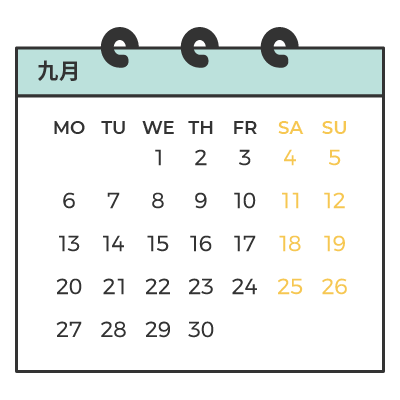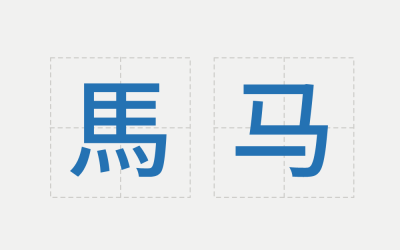In one of our previous blog articles, we explained seven pairs of synonyms in terms of the nuances between the meaning of each pair of the words and how to use them in different situations. Today we are going to take a look at another five pairs of words that may cause confusion for Chinese learners.
1. 看 (kàn) vs. 看见 (kànjiàn)
The character 看 (kàn) means “to look at” or “to watch”, and you can use this verb to describe an action such as “to read a book” or “to watch a movie”. However, 看见 (kàn jiàn) means “to see”, which can be used when someone sees something accidentally.
Examples
我喜欢看美国电影 (wǒ xǐ huān kàn měi guó diàn yǐng)。= I like watching American movies.
我昨天看见了Jason (wǒ zuó tiān kàn jiàn le Jason)。= I saw Jason yesterday.
2. 听 (tīng) vs. 听见 (tīngjiàn)
Similar to the pair of the words explained above, 听 (tīng) means “to listen”, and it puts an emphasis on the process of listening. 听见 (tīng jiàn) means “to hear”, which lays stress on the fact that you’ve heard something.
Examples
我在听广播。
Wǒ zài tīng guǎngbō.
I’m listening to the radio.
我听见了音乐。
Wǒ tīngjiàn le yīnyuè.
I heard music.
Vocabulary
广播(guǎngbō): radio
音乐(yīnyuè): music
3. Number + 月 (yuè) vs. Number + 个 (gè) + 月 (yuè)
The first phrase represents a specific month of the year, whereas the latter stands for the number of months in that there is a measure word between the number and the character 月 (yuè).
Examples
我明年三月去中国。
Wǒ míngnián sānyuè qù Zhōngguó.
I’m going to China next March.
我学中文三个月了。
Wǒ xué Zhōngwén sān gè yuè le.
I’ve been studying Chinese for three months.
4. 好用 (hǎoyòng) vs. 有用 (yǒuyòng)
These two words cause confusion for many Chinese learners. In fact, the literal meaning of the first word is “good to use”, and in Chinese, it is equivalent to the English phrase “easy to use” or “user-friendly”. The meaning of the second word is “to have usage” if we explain these two characters separately, and therefore, the word means “useful”.
Examples
这个手机很好用。
Zhè gè shǒujī hěn hǎoyòng.
This mobile phone is easy to use (user-friendly).
这本书很有用。
Zhè běn shū hěn yǒuyòng.
This book is very useful.
Vocabulary
手机 (shǒujī): mobile phone
书 (shū): book
5. 都 (dōu) vs. 所有 (suǒyǒu)
These two words both mean “all”. However, there are some differences in terms of using these two words in different situations. The main thing that you need to remember is 都 (dōu) is usually followed by a verb or an adjective, whereas 所有 (suǒ yǒu) is often followed by a noun, which means “all of +noun”.
Examples
他们都喜欢中国菜。
Tāmen dōu xǐhuan zhōngguócài.
They all like Chinese food.
我的朋友都很友好。
Wǒ de péngyou dōu hěn yǒuhǎo.
My friends are all very friendly.
我做完了所有的作业。
Wǒ zuòwán le suǒyǒu de zuòyè.
I’ve finished all my homework.
Vocabulary
友好 (yǒuhǎo): friendly
作业 (zuòyè): homework
Thank you for reading! To learn more, check out our previous article on 10 Chinese words with similar pronunciation.














0 Comments